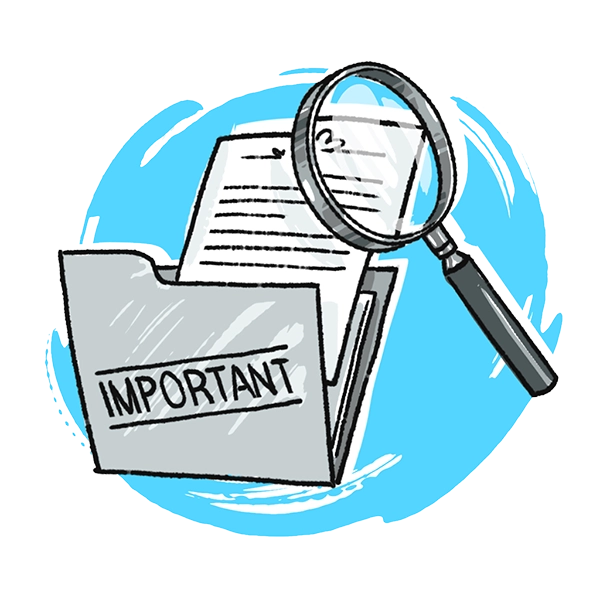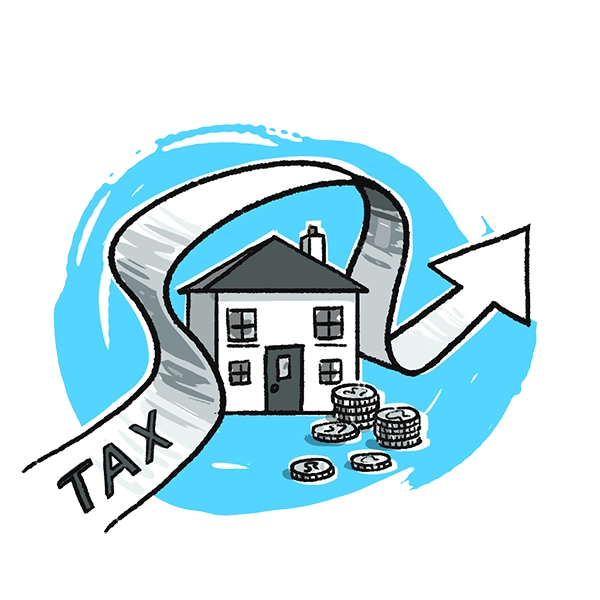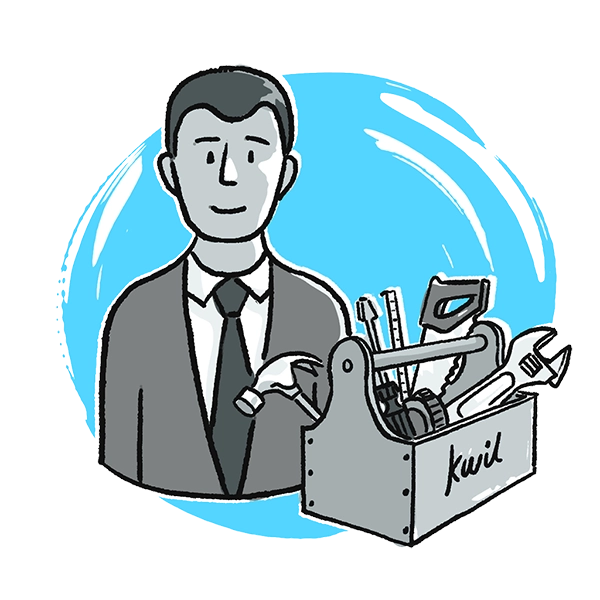When is probate required?
The term ‘probate’ often refers to the legal process and administrative procedure that happens after someone passes away in order to conclude their affairs and pass their assets onto their beneficiaries. A grant of probate is the legal document that is issued by the Probate Registry that gives the executor or administrator of an estate the entitlement to deal with the affairs of the deceased and allows them to make all arrangements to finalise the estate.






